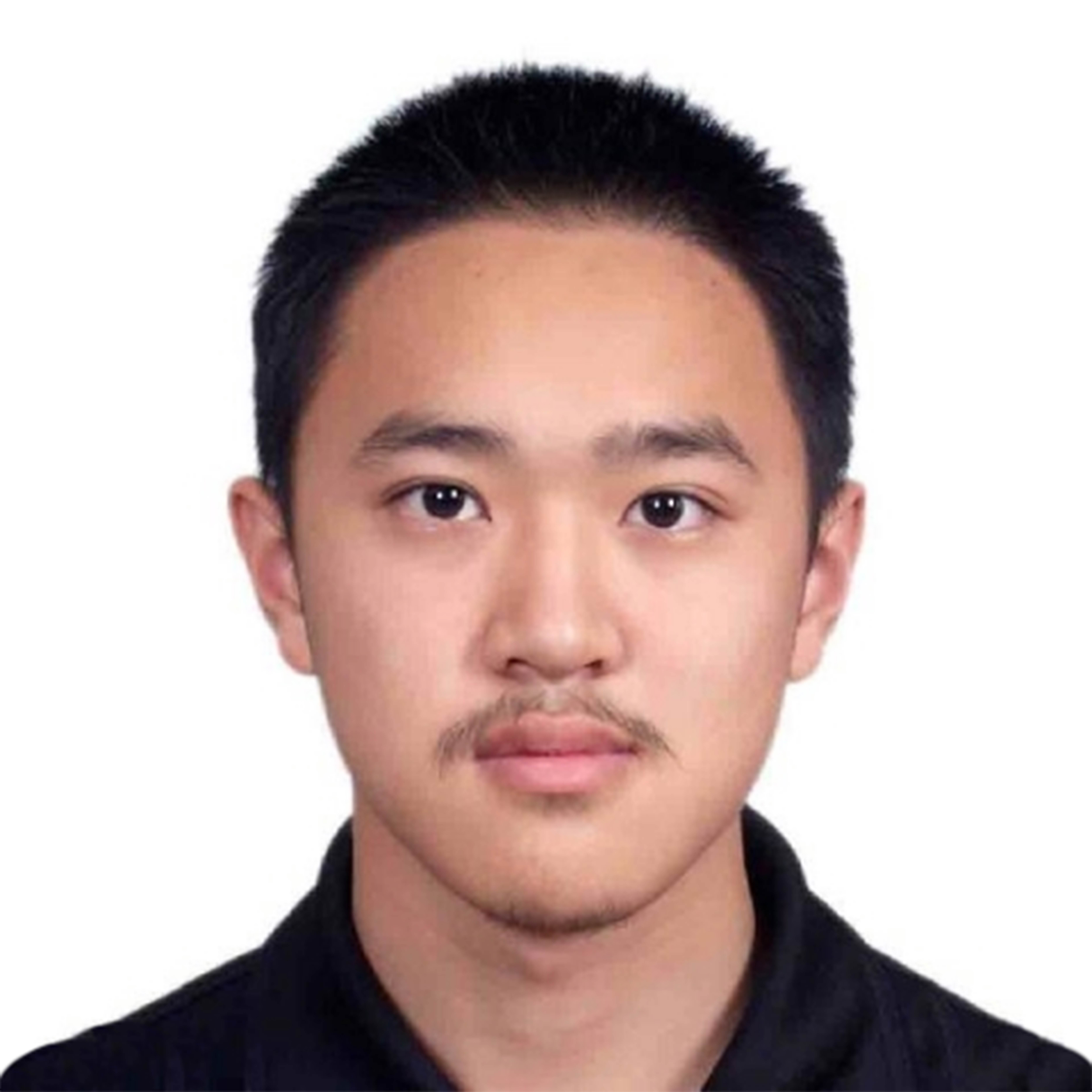10-417/617 - Intermediate Deep Learning, Fall 2023
Instructor:

rsalakhu [at] andrew [dot] cmu [dot] edu

yuanzhil [at] andrew [dot] cmu [dot] edu

rsalakhu [at] andrew [dot] cmu [dot] edu

yuanzhil [at] andrew [dot] cmu [dot] edu
Building intelligent machines that are capable of extracting meaningful representations from data lies at the core of solving many AI related tasks. In the past decade, researchers across many communities, from applied statistics to engineering, computer science and neuroscience, have developed deep models that are composed of several layers of nonlinear processing. An important property of these models is that they can learn useful representations by re-using and combining intermediate concepts, allowing these models to be successfully applied in a wide variety of domains, including visual object recognition, information retrieval, natural language processing, and speech perception.
The goal of this course is to introduce students to both the foundational ideas and the recent advances in deep learning. The first part of the course will focus on supervised learning, including neural networks, back-propagation algorithm, convolutional models, recurrent neural networks, and their extensions with applications to image recognition, video analysis, and language modelling. The second part of the course will cover unsupervised learning, including variational autoencoders, sparse-coding, Boltzmann machines, and generative adversarial networks.
This course will assume a reasonable degree of mathematical maturity and will require strong programming skills.
What is the difference between 10-417 and 10-617?
10-417 is undergraduate level and 10-617 is graduate level. Graduate level students will have slightly more work to do than undergraduate level students.
If students in 10-417 would like to switch to 10-617, they may do so, but they must reach out to their advisor and cc Dorothy (dfh@cs.cmu.edu) to get approval.
They must do this before the first assignment deadline and do the extra work on each assignment to get credit for 10-617.
Projects: Each team will have a total of 3 grace days on the project (can be split between project proposals and final reports). Unused grace days from homeworks CANNOT be applied to the project or vice versa. These grace days will be applied greedily and automatically; you do not have to email us to apply to use these. NOTE: Projects submitted more than 3 days past the deadline will be given a score of 0.
In general, we do not grant extensions on assignments. There are several exceptions:
For any of the above situations, you may request an extension by emailing the Educational Associate Brynn Edmunds at bedmunds@andrew.cmu.edu – do not email the instructor or TAs. The email should be sent as soon as you are aware of the conflict and at least 5 days prior to the deadline. In the case of an emergency, no notice is needed.
Auditing of the course (i.e. taking the course for an “Audit” grade) is not permitted this semester.
We allow you take the course as Pass/Fail. Instructor permission is not required. What grade is the cutoff for Pass will depend on your program. Be sure to check with your program / department as to whether you can count a Pass/Fail course towards your degree requirements.
If you have a disability and have an accommodation letter from the Disability Resources office, I encourage you to discuss your accommodations and needs with Brynn Edmunds (bedmunds@andrew.cmu.edu) as early in the semester as possible. We will work with you to ensure that accommodations are provided as appropriate. If you suspect that you may have a disability and would benefit from accommodations but are not yet registered with the Office of Disability Resources, I encourage you to contact them at access@andrew.cmu.edu.
Read this carefully!
(Adapted from Roni Rosenfeld’s 10-601 Spring 2016 Course Policies.)
Some of the homework assignments used in this class may have been used in prior versions of this class, or in classes at other institutions, or elsewhere. Solutions to them may be, or may have been, available online, or from other people or sources. It is explicitly forbidden to use any such sources, or to consult people who have solved these problems before. It is explicitly forbidden to search for these problems or their solutions on the internet. You must solve the homework assignments completely on your own. We will be actively monitoring your compliance. Collaboration with other students who are currently taking the class is allowed, but only under the conditions stated above.
You are encouraged to read books and other instructional materials, both online and offline, to help you understand the concepts and algorithms taught in class. These materials may contain example code or pseudo code, which may help you better understand an algorithm or an implementation detail. However, when you implement your own solution to an assignment, you must put all materials aside, and write your code completely on your own, starting “from scratch”. Specifically, you may not use any code you found or came across. If you find or come across code that implements any part of your assignment, you must disclose this fact in your collaboration statement.
Students are responsible for pro-actively protecting their work from copying and misuse by other students. If a student’s work is copied by another student, the original author is also considered to be at fault and in gross violation of the course policies. It does not matter whether the author allowed the work to be copied or was merely negligent in preventing it from being copied. When overlapping work is submitted by different students, both students will be punished.
To protect future students, do not post your solutions publicly, neither during the course nor afterwards.
All violations (even first one) of course policies will always be reported to the university authorities (your Department Head, Associate Dean, Dean of Student Affairs, etc.) as an official Academic Integrity Violation and will carry severe penalties.
The penalty for the first violation is a one-and-a-half letter grade reduction. For example, if your final letter grade for the course was to be an A-, it would become a C+.
The penalty for the second violation is failure in the course, and can even lead to dismissal from the university.
Take care of yourself. Do your best to maintain a healthy lifestyle this semester by eating well, exercising, avoiding drugs and alcohol, getting enough sleep and taking some time to relax. This will help you achieve your goals and cope with stress.
All of us benefit from support during times of struggle. You are not alone. There are many helpful resources available on campus and an important part of the college experience is learning how to ask for help. Asking for support sooner rather than later is often helpful.
If you or anyone you know experiences any academic stress, difficult life events, or feelings like anxiety or depression, we strongly encourage you to seek support. Counseling and Psychological Services (CaPS) is here to help: call 412-268-2922 and visit their website at http://www.cmu.edu/counseling/. Consider reaching out to a friend, faculty or family member you trust for help getting connected to the support that can help.
If you or someone you know is feeling suicidal or in danger of self-harm, call someone immediately, day or night:
If you have questions about this or your coursework, please let the instructors know.
Email: rsalakhu [at] andrew [dot] cmu [dot] edu
Email: bedmunds [at] andrew [dot] cmu [dot] edu